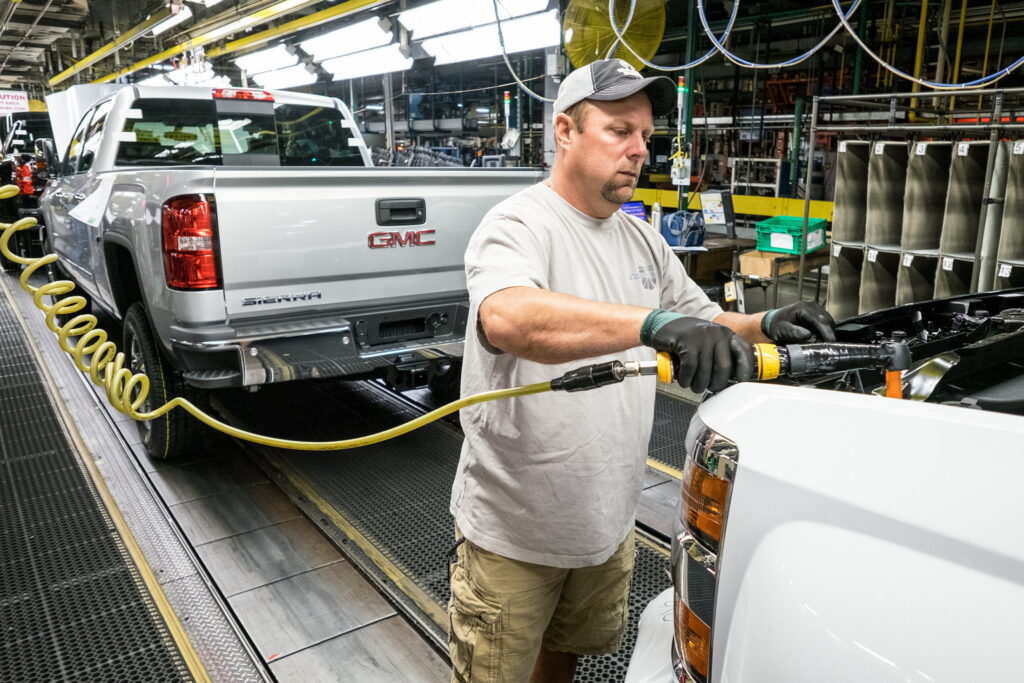GM CEO Mary Barra was forced to defend her $29 million compensation package in the context of a strike with her company’s unionized workers. The executive explained that her 34 percent increase in compensation over the last four years was based on the company’s performance.
Barra argued in a recent video interview with CNN that a significant portion of her pay is simply based on how the company is performing. However, her 34 percent increase in pay hasn’t been matched by the compensation for UAW workers, and GM’s proposed contract offers significantly less than that.
Although GM did make a historic 20 percent wage increase offer, that was half of the 40 percent the UAW was targeting. Moreover, UAW president Shawn Fain claimed that the offer came only after GM had labor board charges filed against it for “refusing to bargain in good faith for the [previous] six weeks.”
Read: United Auto Workers Begin Strike At Ford, GM And Stellantis Plants

The UAW argues that their demands are based on increasing executive pay. On average, pay across the big three’s CEOs has increased by 40 percent over the last four years, it claims. Meanwhile, new workers make less today than they did in 2007, despite the high rate of inflation.
While Barra argued to CNN that “when the company does well, everyone does well,” the UAW counters that the sacrifices made in the wake of the 2008 recession have not been paid back and that the record profits being made in the automotive industry are being distributed to executives and investors, not workers.
“We know firsthand what it’s like not to be able to afford the cars we produce,” said Fain. “We know what it’s like to live paycheck to paycheck, while the companies we work for make out like bandits.”
In addition to the UAW’s demands for salary increases, it is also asking for the end of tiered wages and benefits, the re-establishment of cost-of-living allowances, defined pensions, and retiree healthcare, as well as the right to strike over plant closures, among others.
While Barra and Ford CEO Jim Farley argue that a 40 percent salary increase for workers would put their companies in financial dire straits, they haven’t answered why their pay should accelerate so much faster and by so much more than their workers.




